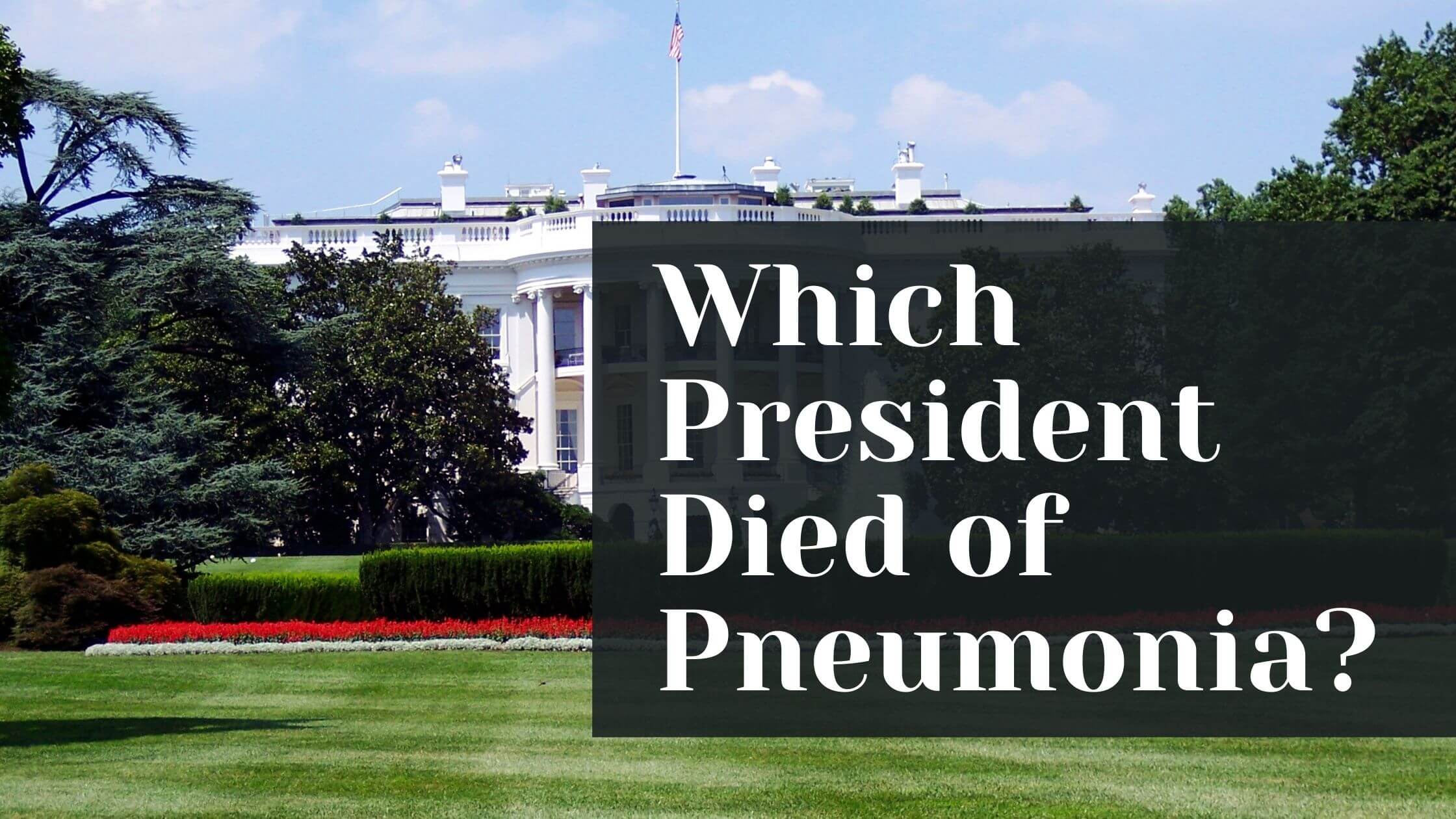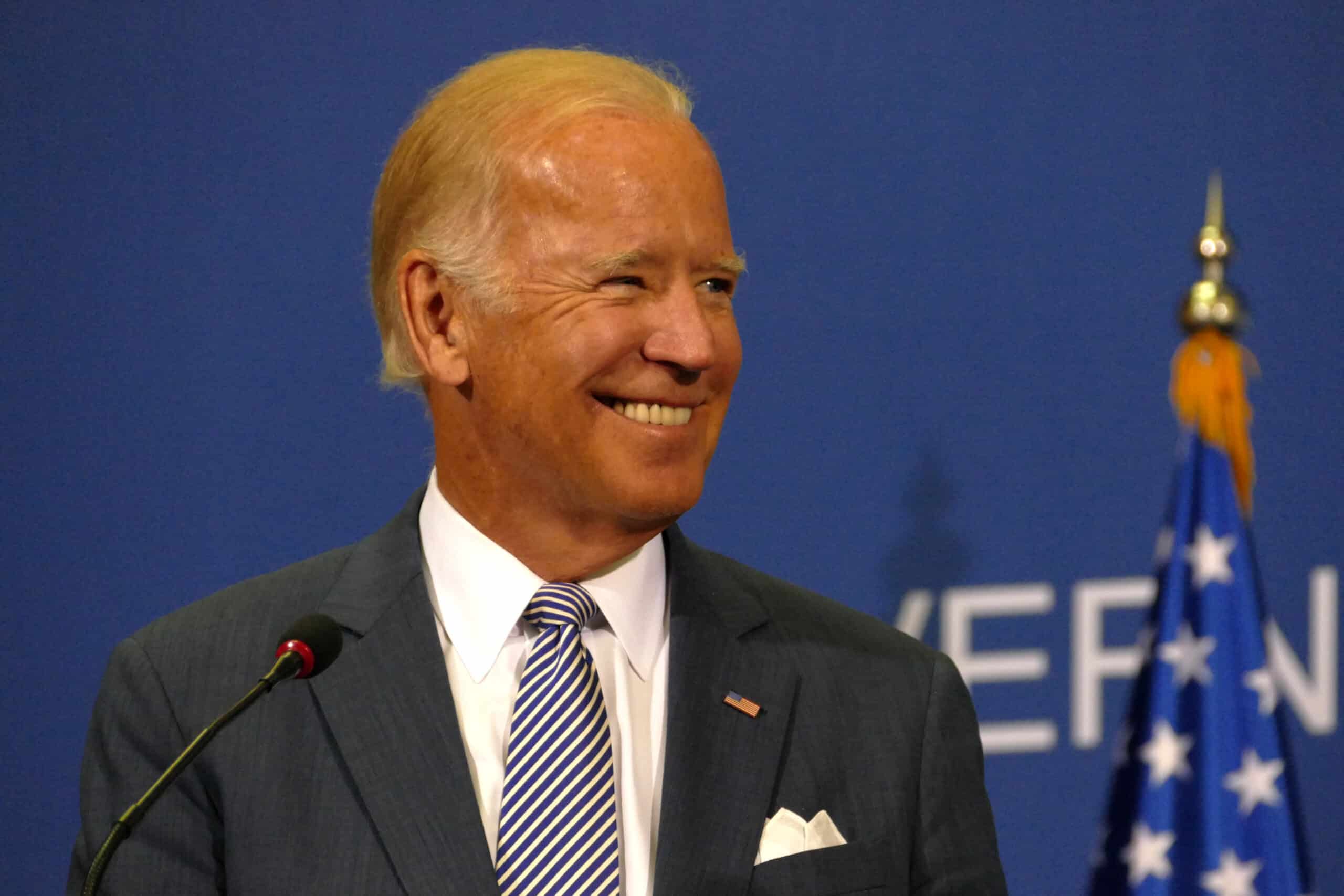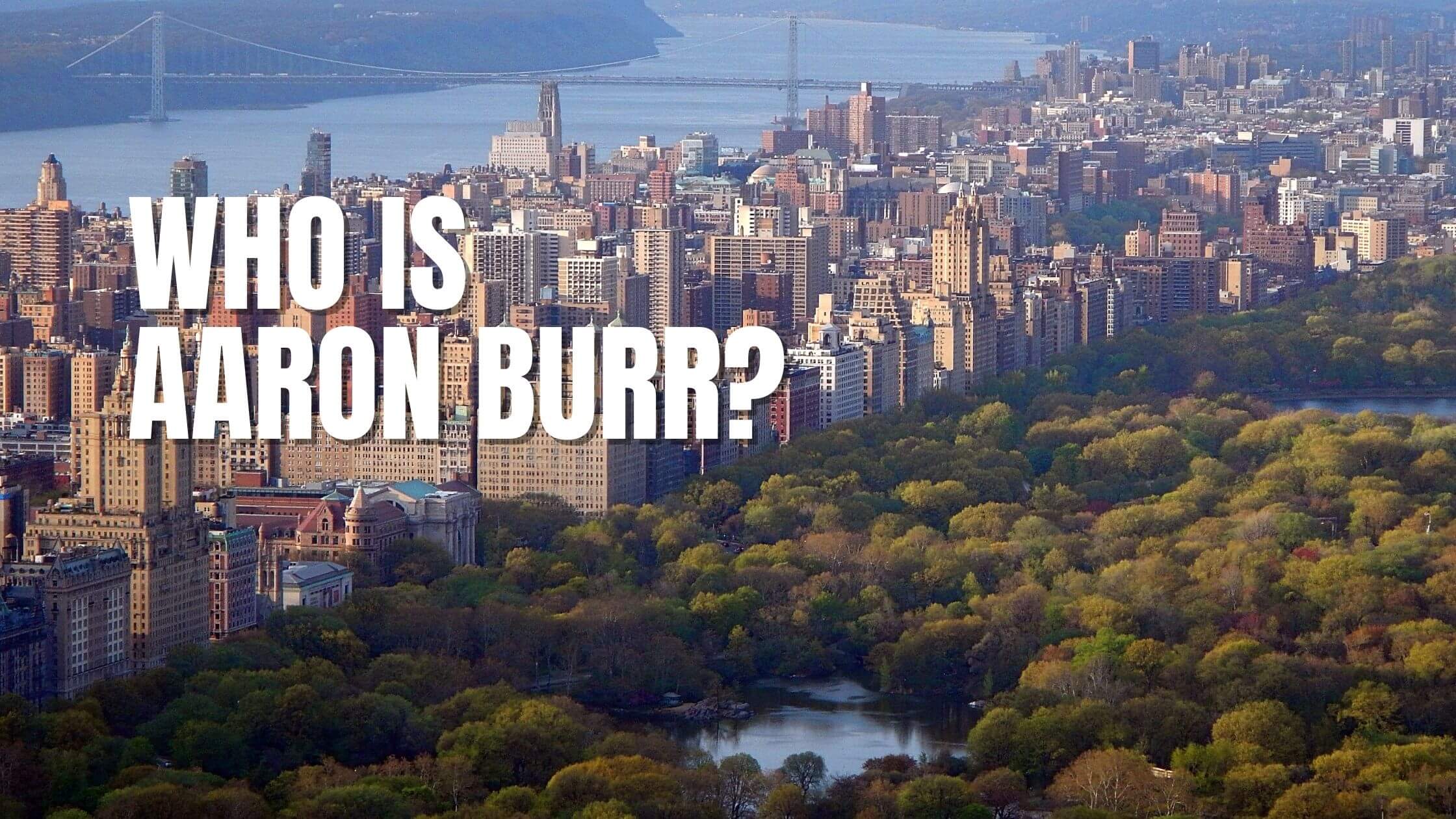Table of Contents
ToggleThere is a slightly morbid fascination with the health and mortality of the men that become President of the United States. They are usually elected with the hope of serving for two terms over eight years, and have a busy schedule of visits and appearances. The increasing average age of Presidents-elect is a factor here, as is the fact that some have died in office. For example, there is the famous story that one president even died of pneumonia, but who was it, and how true is that story?
Death From Pneumonia
The short answer is that William Henry Harrison died of pneumonia – or at least that’s what most history books say. The 9th President of the United States died shortly after taking office in 1841. The commonly told story is that he caught a cold at his inauguration, which developed into pneumonia, and he died. Yet, some wonder if there were other causes to blame.
William Henry Harrison Died 31 Days After His Inauguration
The most famous thing about the presidency of William Henry Harrison is his death. He died on April 4th, 1841, having only been inaugurated a month before on March 4th. He holds the dubious honor of being the first president to die in office and the shortest presidency. Harrison has been somewhat of a laughing stock since. But, his death may not have been entirely his own fault, and it did lead to an important constitutional amendment.
How Did William Henry Harrison Fall Ill?
The death of President Harrison is attributed to a series of poor decisions on the day of his inauguration. The joke often relayed about his death is that he died because he forgot to wear a coat. That’s not entirely accurate but does hold a grain of truth.

Get Smarter on US News, History, and the Constitution
Join the thousands of fellow patriots who rely on our 5-minute newsletter to stay informed on the key events and trends that shaped our nation's past and continue to shape its present.

Harrison decided not to wear a coat during his inauguration despite the cold weather – nor any form of a hat. Back then, the inauguration date was set as March 4th, but it was still just 48 degrees outside. His decision may have been an attempt to demonstrate his toughness, but if that’s true, it backfired as he is now deemed one of the weakest presidents in American history.
Some other decisions made during that inauguration day wouldn’t have helped matters. The most significant is undoubtedly the length of the event. Harrison could have kept things short and sweet to return indoors for the ball. Instead, he spoke for around 1 hour and 45 minutes, with a speech of an impressive 8,445 words. Despite standing for so long in the cold weather, he greeted his guests at the White House and attended three balls.
On top of this, we can’t overlook President Harrison’s age at the time of the inauguration. He had celebrated his 68th birthday 23 days before the ceremony. That isn’t that old when you look at modern-day presidents, but it was for 1841. In the mid-1800s, a lot of men were lucky to reach their sixties. Even today, it would be ill-advised for a man approaching 70 not to take precautions when it comes to over-exertion and inclement weather.
Harrison’s Trip to the Market
There is a problem with the timeline if we are to assume that the illness William Henry Harrison developed was the direct result of the inauguration. There are conflicting reports about the onset of the illness for a start. Some say he went to bed that night feeling ill, while others claim he didn’t show any major symptoms until March 26th – over three weeks after the ceremony.
There is a story that backs up this second claim. It seems that Harrison was stubborn and didn’t learn from his mistakes. He went out to a market on March 24th without his coat or hat, was caught in a rainstorm, and didn’t change when he got home. Just days later, he had debilitating symptoms and chills. Right lower lobe pneumonia was diagnosed on March 29th.
Did William Henry Harrison Really Die From Pneumonia?
Some historians dispute the claims that Harrison’s cause of death was even due to pneumonia. Various arguments are made that reference hepatitis and liver disease, and others that highlight problems with the water supply at the White House. The former is a possibility as his death record also mentioned liver congestion.

The idea of the water supply being to blame is interesting because other presidents did become sick due to the water conditions at the White House. D.C. was built on reclaimed land and a dredged swamp, and the White House brought in water contaminated by public sewage. Some believe that Harrison developed septic shock via typhoid, and this is what killed him, rather than the lung condition alone.
Just nine years after Harrison’s death, Zachary Taylor developed severe symptoms of gastroenteritis. The official culprit was the combination of cherries and iced milk he had consumed. But, many believe the water in the ice and other drinks contained typhoid or cholera.
President Tyler Takes Charge and Sets the 25th Amendment in Motion
Critics might say that nothing really came from the Harrison presidency due to his death. But, these events led to an important decision that would change the course of history. Someone had to take charge for the remainder of the term, and Vice President John Tyler assumed it should be him. This was agreed upon, and a new precedent was set where vice presidents would take over as needed. This was then written into the United States Constitution in 1967 as the 25th Amendment.
There will never be a definitive answer on how William Henry Harrison died. But, we can be pretty sure that he was the president that caught pneumonia due to some poor decision making. If he had worn a coat to the inauguration or the market, things could have been very different.











